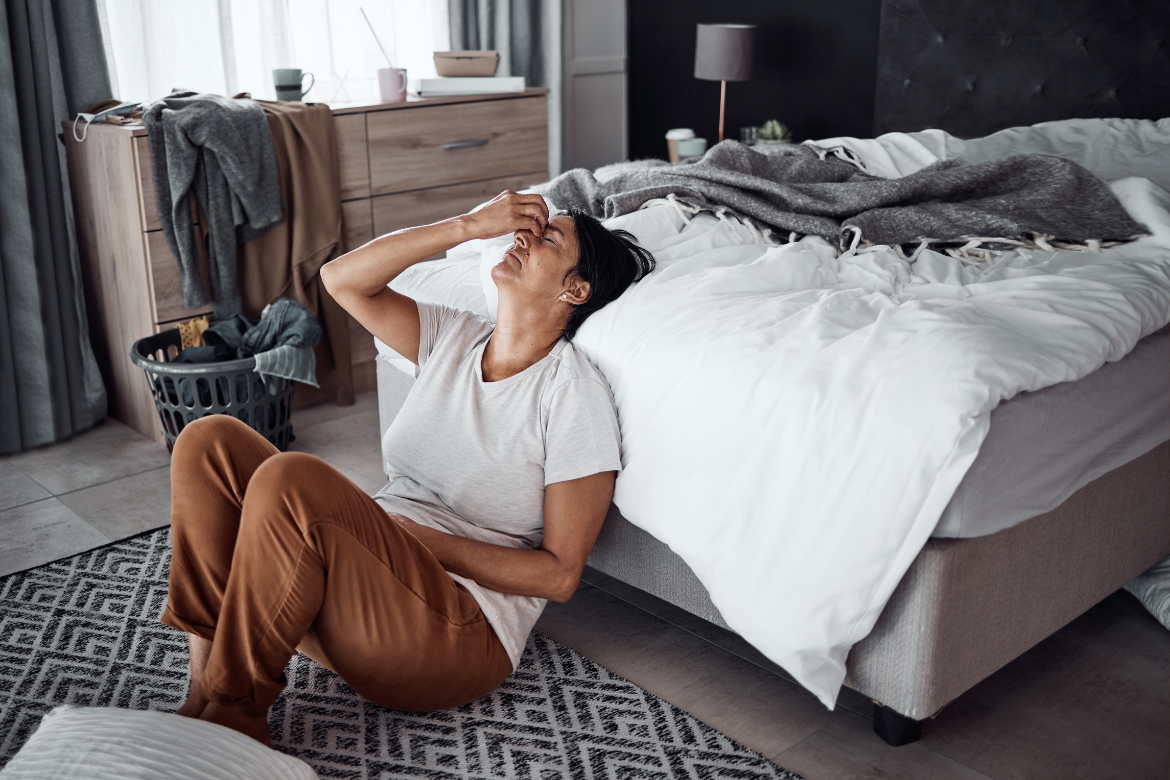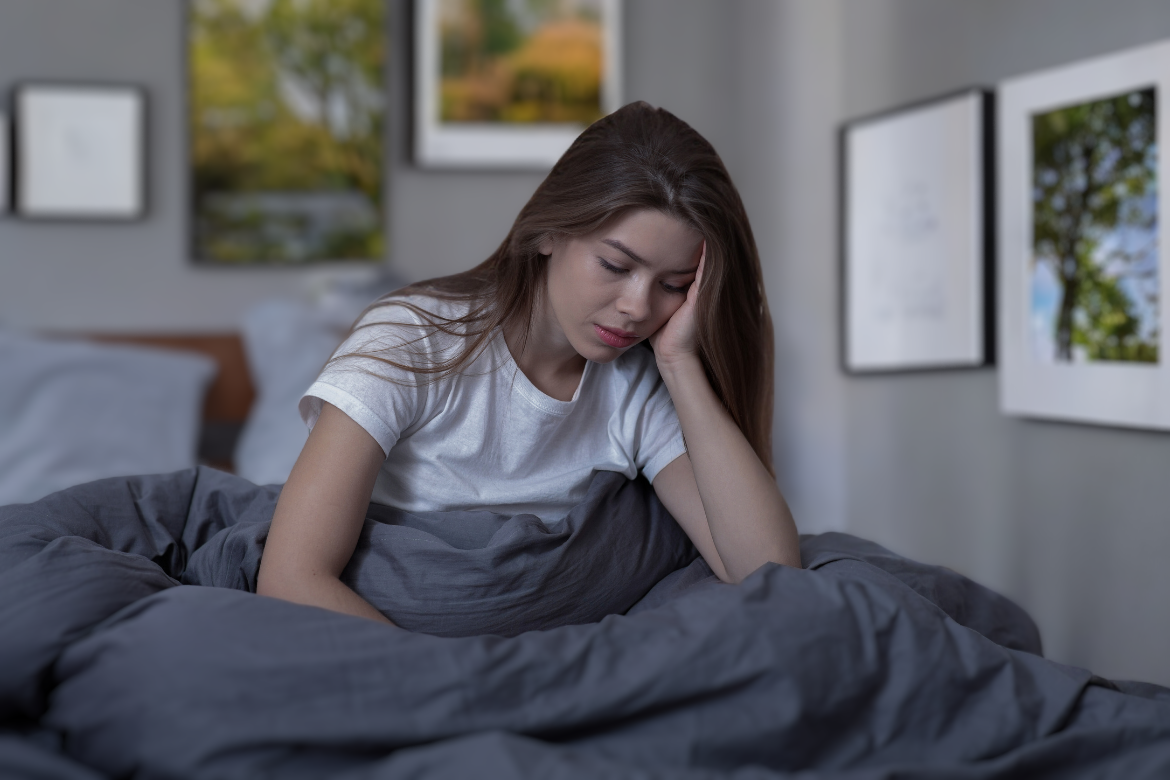

Bed Rotting: Self Care or Slippery Slope to Depression?
by Counseling and Wellness Center of PittsburghAugust 29, 2024 bed rotting, bed rotting trend, depression, depression counseling, Depression in Men, depression therapy, depressive episode, gen z, generation z, major depressive disorder, managing depression, self care, tik tok, what is bed rotting, worsening depression0 comments
Bed Rotting: Self Care or Slippery Slope to Depression?
In the digital age, trends and terminologies often originate from social media, shaping how we view various aspects of life. One such trend that has gained traction among Gen Z is “bed rotting.” Popularized on platforms like TikTok, the bed rotting trend is embraced by many as a form of self-care...Learn More
Depression Medication and Antidepressants
by Counseling and Wellness Center of PittsburghJuly 25, 2024 Antidepressants, antidepressants list, Antipsychotic Medications, anxiety medication, atypical antidepressants, commons antidepressants, depression, depression medication, major depressive disorder, managing depression, MAOIs, MDD, medication management, Monoamine Oxidase Inhibitors, Mood Stabilizers, psychiatric services, psychiatry, Selective Serotonin Reuptake Inhibitors, Serotonin Norepinephrine Reuptake Inhibitors, SNRIs, ssri drugs, SSRIs, TCAs, Tricyclic Antidepressants0 comments
Depression Medication and Antidepressants
Living with depression can be challenging, emphasizing the need to identify effective treatments. Collaborating with an educated psychiatrist or psychiatric nurse practitioner is crucial for informed guidance. At the Counseling and Wellness Center of Pittsburgh, we prioritize your mental health, offering the expertise of...Learn More
Exploring Different Types of Depression
by Counseling and Wellness Center of PittsburghMarch 15, 2024 Atypical Depression, bipolar, bipolar disorder, Bipolar I Disorder, Bipolar II Disorder, depression, depression in pregnancy, dysthymia, dysthymic disorder, major depressive disorder, manic depression, MDD, perinatal mental health, persistent depressive disorder, postpartum, postpartum depression, SAD, seasonal affective disorder, seasonal depression, treatment resistant depression0 comments
Exploring Different Types of Depression
Depression is a complex mental health condition with a diverse spectrum of manifestations. It’s important to recognize that different types of depression are characterized by unique symptoms, causes, and treatment approaches. According to a February 2023 Gallup Poll, the percentage of U.S. adults who report having...Learn More
Worsening Depression? Questions to Ask Yourself
by Counseling and Wellness Center of PittsburghMarch 7, 2024 depression, depression counseling, depression recovery, depression therapy, depressive episode, worsening depression0 comments
Worsening Depression? Questions to Ask Yourself
In managing your depression, it’s common to experience fluctuations in mood. Recognizing the signs of a potential dip in your mental health and having proactive strategies in place can be instrumental in preventing a full-blown relapse. Let’s explore practical steps you can take when you sense a shift in...Learn More
Am I Lazy? Lack of Motivation? Or is it Depression?
by Counseling and Wellness Center of PittsburghFebruary 19, 2024 am i lazy, depression, lack of motivation, lacking motivation, laziness, lazy0 comments
Am I Lazy? Lack of Motivation? Or is it Depression?
We all have those days when we indulge in bed, order in from Grubhub, and binge-watch the latest shows on Netflix. Sometimes this can be as simple as self care or even a personal preference. Other times and perhaps if it occurs often enough, we may begin to wonder if there’s something more going on. Questions may...Learn More
Coming Out of a Depressive Episode: Easing Up Pressure
by Counseling and Wellness Center of PittsburghDecember 18, 2023 coming out of a depressive episode, depression, depression counseling, depression recovery, depression support groups, depression therapy, depressive episode, help for depression, lack of motivation, managing depression, NAMI, self care, self compassion, support groups, support system0 comments
Coming Out of a Depressive Episode: Easing Up Pressure
Embarking on the path to recovery after a depressive episode can be an arduous journey. While the light at the end of the tunnel may seem like a beacon of hope, the transition back to everyday life often comes with its own set of challenges. It’s crucial to recognize that coming out of a depressive...Learn More